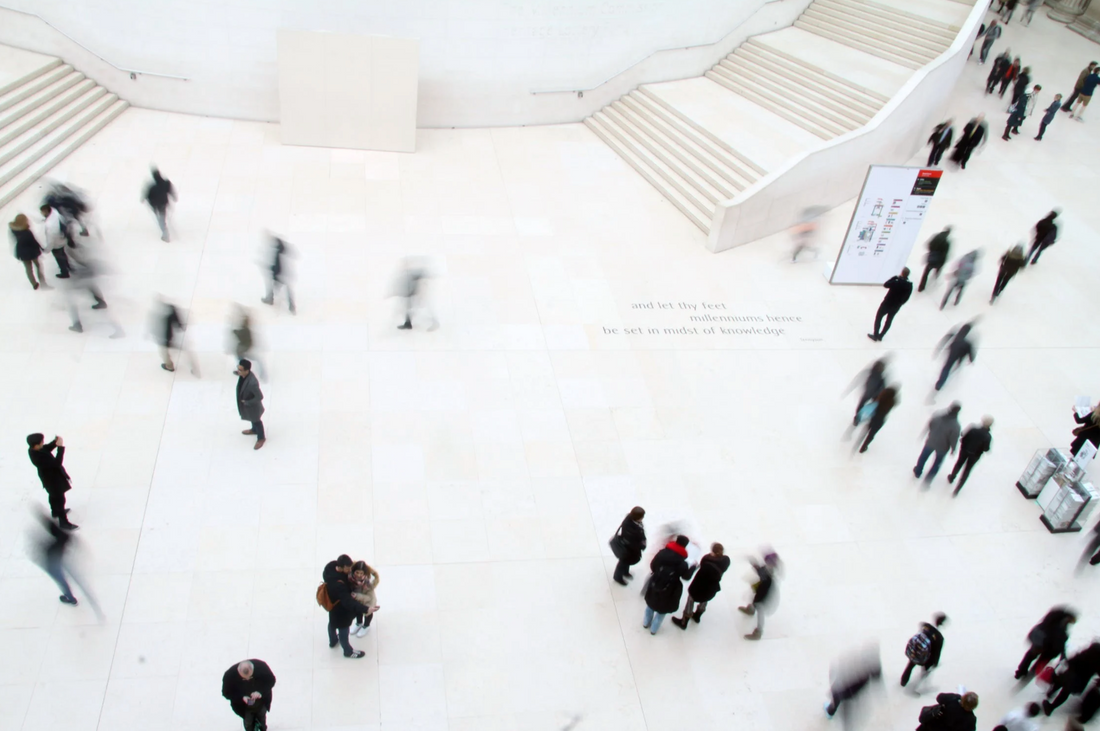There comes to a point in many different entertainment pieces where as a creator, you really just need to skip to the next scene. YouTube vlogs are an easy example of this, because the person you're viewing doesn't need to film every little detail of their day if it doesn't add value to the video's end product. It's the same with writing; you don't need to annotate a long process of a character's dull journey to get from scenes A to B if it isn't necessary to the plot. You'll just be wasting both your's and your reader's time.
Though in saying that, you don't want to cut things short either. I've read far too many stories that fail to link scenes appropriately, leaving me jarred with an overall feeling that it was a rushed piece of work. There's a balance to cut scenes and it's important to plan how many story details you leave in versus how much you leave out. This balance often involves tying up your loose ends in the current scene, and then solely relying on showing your audience where they are in the story, rather than telling them out of nowhere.
While I've read an avid amount so far in my life, I'm surprised to say that the best written time lapse I've heard or read is actually from the words of a Gerard Way song - Drugstore Perfume. This song centres around an ageing woman and the lonely events in her life as she looks for love. In a moment where they speed up the storyline, the lyrics read 'dead leaves, desperate summers'. Only four words were used to describe moving months, seasons and perhaps even years into the future, all the while continuing to show that she would've been rather miserable along the way. It's a very succinct use of a visual device; showing the audience typical signs of time passing. I'm admittedly biased here, but it's much more eloquent than saying 'it was one (or more) sad year(/s) later, and nothing had changed'.
Despite this example, writers typically aren't skipping through overtly large amounts of time between scenes. With that being said, there are many ways you can focus on small-scale scenic changes to prove time is passing. If the last scene happened in the morning and you're skipping to nighttime, start your next chapter by commenting on the view of the moon, or how the darkness made it hard for the characters to see. Simple stuff, but effective for showcasing your 'showing, not telling' talents.
Now, I don't mean you should scrap all ways of 'telling' the audience information - you just need to be careful and clever about how you do it. Using dialogue is one of the most seamless ways to tell your reader information that feels true to the story. Getting your characters involved also improves their depth, especially if they express their feelings about the time passed. By trying out different techniques, there's so much you can do with dialogue that can help you avoid seemingly cheap story narration.
What's your favourite example of a time lapse in literature?

